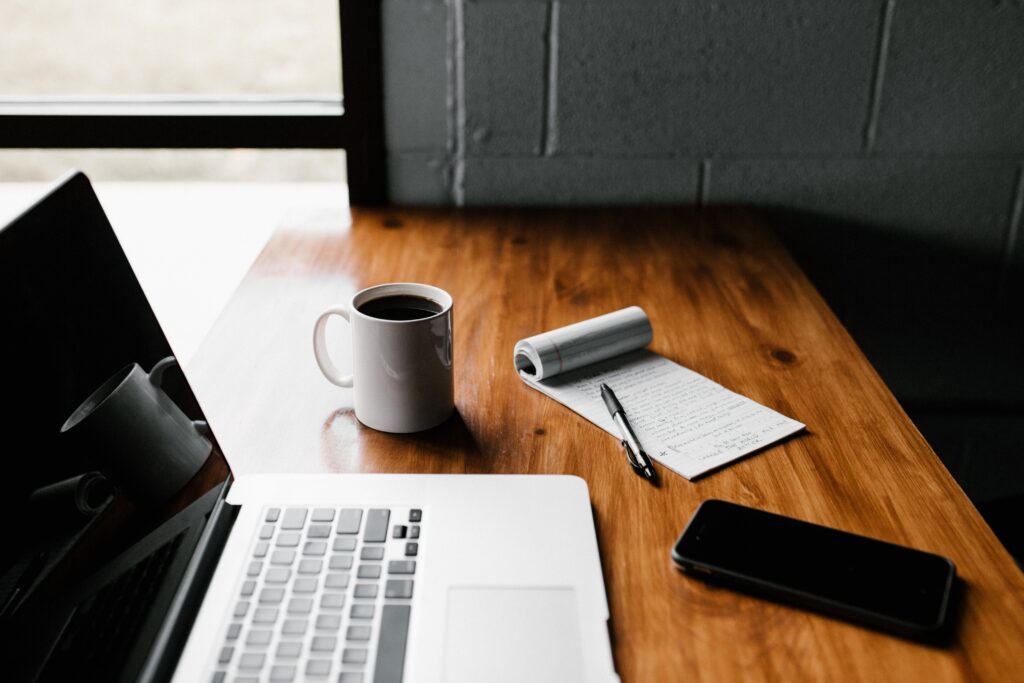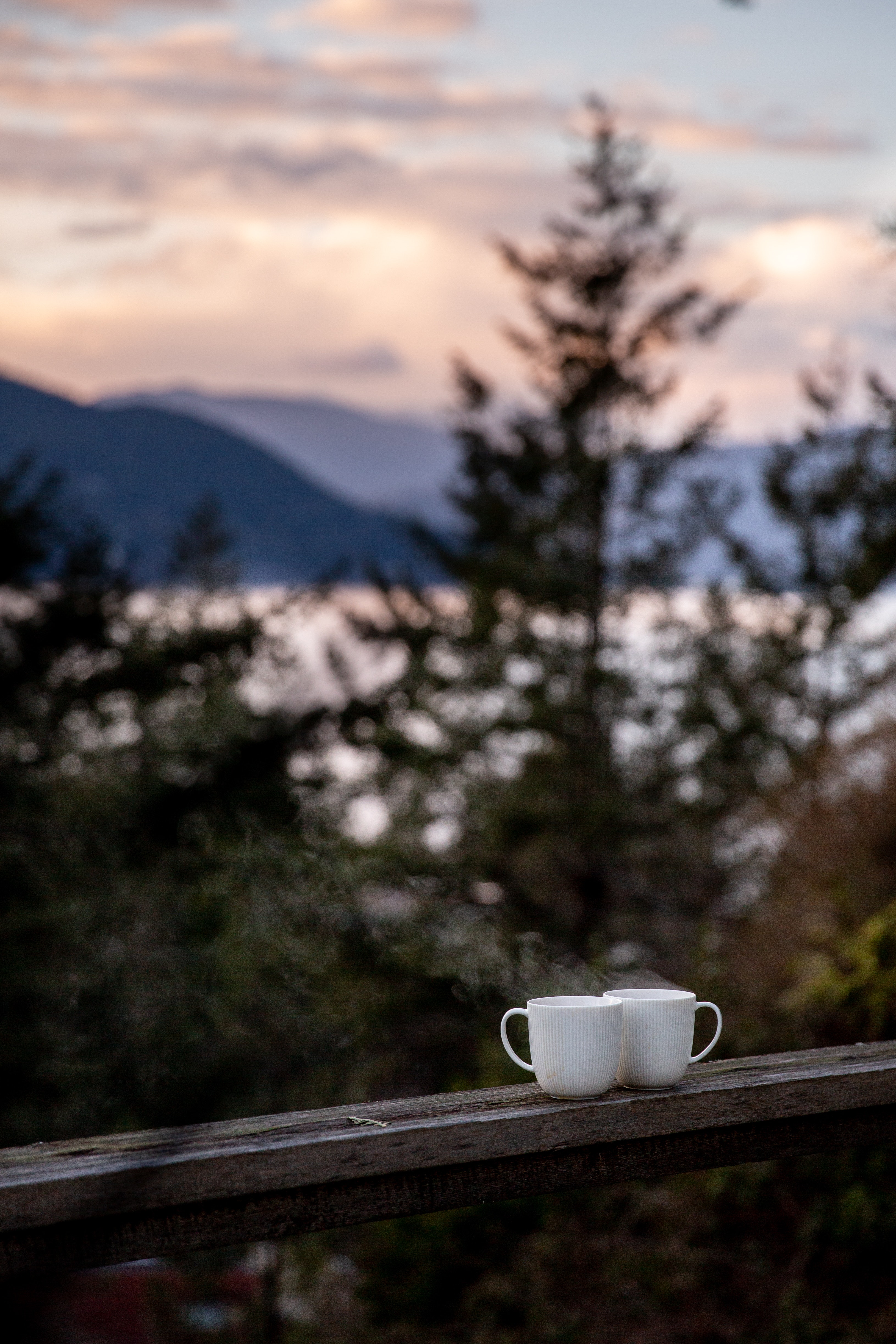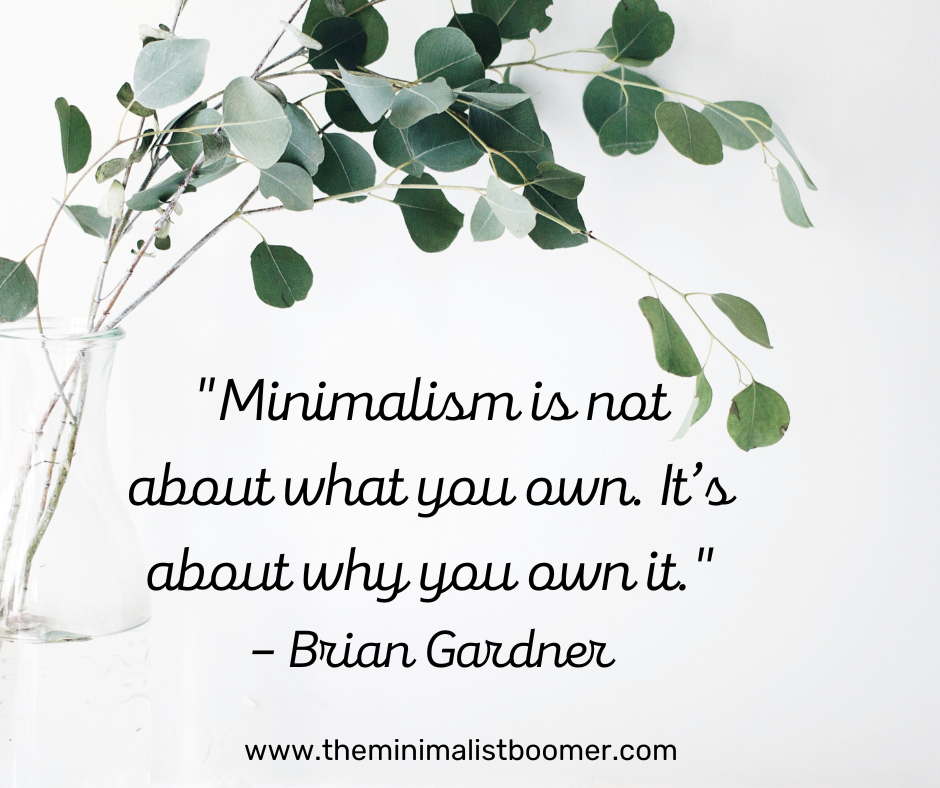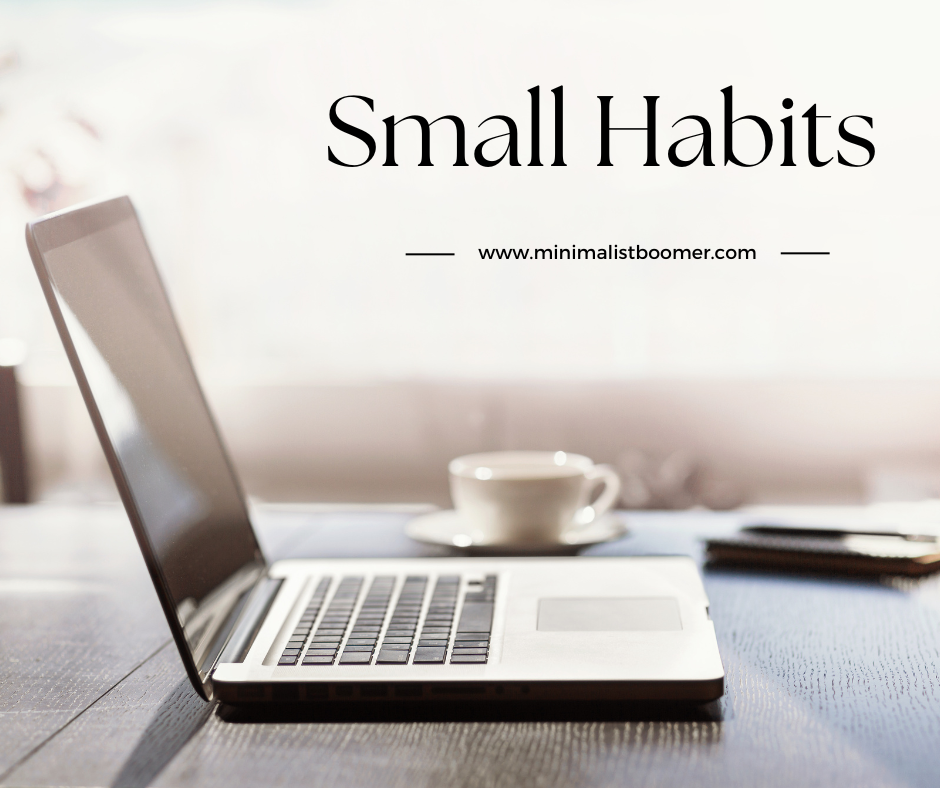Living a Minimalist Lifestyle in your retirement years can add many benefits, including reduced stress, increased savings, and a focus on what truly matters. Embracing minimalism at this stage of life allows for more quality time with loved ones and the opportunity to enjoy experiences over material possessions.
But how does one start living a minimalist lifestyle? This piece will provide practical tips and steps to help you simplify your life and find greater fulfillment in your retirement years. So, if you’re looking to declutter your home, make more mindful choices, and enjoy a happier, more meaningful life, continue reading!
Living a Minimalist Lifestyle After the “Work is Done”
We’ve spent the bulk of our lives working and perhaps accumulating, lots of stuff. How much of that stuff do you really want or need? Take a good look around your home. Are you using everything around the house? If not, why keep it? Does it bring joy to your life or is it shoved in the closet just in case you may need it some day? If so, give yourself permission to let it go.
“It’s not always that we need to do more but rather that we need to focus on less.” – Nathan W. Morris
Minimalism is a lifestyle that focuses on living with less, decluttering your life, and simplifying everything. Basically, minimalism is about finding joy in the things that truly matter and letting go of the excess.
Minimalism is about more than just getting rid of stuff. It’s a mindset that values experiences over possessions and encourages intentional living. Minimalists focus on what we truly need to be happy and fulfilled, rather than on accumulating more and more stuff.
Minimalism can be applied to all areas of life, from your home and possessions to your relationships and schedule. It’s about examining what matters most to you and letting go of the rest.

Not Your Mother’s Minimalism
Minimalism will look different for everyone. It’s not a one-size-fits-all approach, and there’s no right or wrong way to do it. Your version of minimalism might look different from your parents or your friends, and that’s okay.
For some people, minimalism means living in a tiny house with only a few possessions. For others, it means decluttering their home and getting rid of things that no longer serve them. And for some, it means simplifying their schedule and focusing on what truly matters.
Regardless of what your version of minimalism looks like, the goal is the same: to live a simpler, more intentional life that is focused on what truly matters.
The Upside for Boomers Living a Minimalist Lifestyle
“Your home is living space, not storage space.”
– Francine Jay
As we age, we tend to accumulate more things in our homes and lives. Transitioning to a minimalist lifestyle can simplify your life and have positive effects on your physical and mental health. Let’s examine a few of them.

Less Cleaning
One of the biggest benefits of living a minimalist lifestyle is the reduced need for cleaning. When you have fewer possessions, you have less clutter and mess to clean up. This can be especially helpful for boomers who may not have the energy, mobility, or desire to clean as frequently as we used to. Simplifying your living space will not only save you time and energy, but it will also decrease the risk of slips and falls.
Less Burden
Decluttering your home and life can also reduce the burden of caring for your possessions. Boomers may find it harder to keep up with the maintenance and upkeep of our belongings. By simplifying your possessions, you can reduce the amount of time and money spent on repairs and maintenance. This can also make it easier to move or downsize when you’re ready.
Reduced Stress and Anxiety
Living in a cluttered environment can cause stress and anxiety, which can have negative effects on mental health. By embracing a minimalist lifestyle, you can create a calming and peaceful living space. This can be especially beneficial for boomers who may be dealing with health issues or other life stressors. Studies have shown that decluttering and simplifying your surroundings can have a positive impact on mental health and wellbeing.
Better Physical Health

Living a minimalist lifestyle can also have positive effects on physical health. By having fewer possessions, you can reduce the amount of dust and allergens in your home, which can be beneficial for all of us. Additionally, simplifying your diet and focusing on whole foods can have significant health benefits for all of us.
Simplifying your surroundings and possessions can reduce stress and anxiety, improve physical health, and make it easier to maintain your home. This can lead to a happier and more fulfilling life and give you more time for the things you love to do.
Getting Started with Minimalism
Living a minimalist lifestyle can be a refreshing way of living, especially in your retirement years when you have more time to focus on what really matters. It can help you reduce stress, improve your mental health, and have a more organized life. Here are a few suggestions to assist you in getting started.
Decluttering Your Home
The first step toward a minimalist lifestyle is decluttering your home. You can start by getting rid of anything that you no longer need or use. This includes clothes that you haven’t worn in years, duplicate kitchen gadgets, and old paperwork. A good tip is to go through each room one by one and decide what items to keep, donate, or discard. You’ll be surprised at how much space you can free up and how much more organized your home can feel.
Creating a Minimalist Wardrobe
Having a minimalist wardrobe means having fewer clothes but more versatile pieces. Start by getting rid of clothes that no longer fit you, are out of style, or you haven’t worn in a year or so. Keep only the clothes that you love and wear regularly. Invest in good quality basic pieces that suit your style and can be mixed and matched to create many different outfits. Remember, having fewer clothes means less time and stress deciding what to wear each day.
Reducing Digital Clutter

Digital clutter can be just as overwhelming as physical clutter. Start by organizing your emails, deleting old files, and organizing your desktop. Unsubscribe from newsletters and email lists that you no longer read. Consider reducing your time spent on social media and other digital distractions.
Start small by decluttering your home, creating a minimalist wardrobe, and reducing digital clutter. Remember, the goal is to simplify your life and focus on what really matters.

Baby boomers living a minimalist lifestyle will experience a significant number of benefits. By decluttering your living space and simplifying your possessions, you can reduce stress and improve your mental and emotional well-being. Additionally, a minimalist lifestyle can save you money and allow you to focus on experiences rather than material possessions.
It’s never too late to adopt a minimalist mindset and begin reaping the rewards of a simpler, more intentional life. Remember to start small and be patient with the process. With time and dedication, you can create a home and a life that brings you joy and fulfillment.




